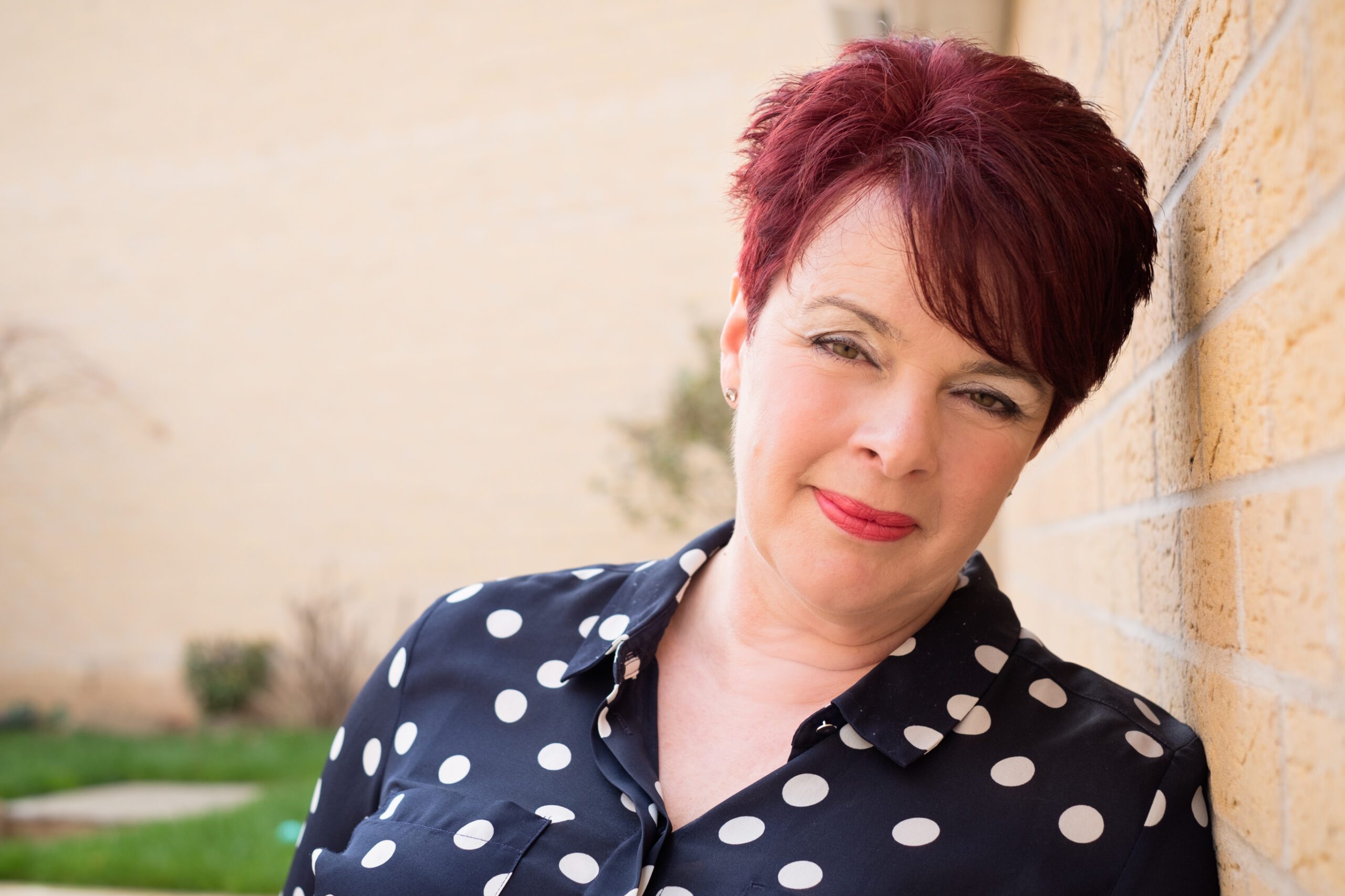Let me ask you a question. How easy is it for someone to buy from you?
It should be a simple enough question to answer, but when was the last time you, as a business owner or manager, stopped and looked at the processes in place for when a customer is looking to buy? If you haven’t done that for a while, you’re probably overdue a review because a customer centric sales strategy is fundamental to success.
A sales process isn’t about your procedures. It’s really a pathway. In an ideal world, it should effortlessly walk the customer from their initial inquiry through to the sale. That sale may be a product, but it could also be something just as important – a contract of engagement, for example, or an appointment booking. Whatever the goal is, the process should support the customer journey. The last thing you want are unintentional barriers that make it difficult for them. Sadly, barriers do appear and often it is because the sales process has become about making things easier for the business, not the customer.
Let’s take a common example of this in action.
The potential buyer is talking to the sales team and agrees to a purchase. Your sales process from that point is to send a written quote for them to agree and return.
There is nothing wrong with sending a quote, (in fact, it is part of the sales process) but what happens after you send it in this scenario?
The issue here is that the customer had already agreed to buy. You then effectively refused to agree to the sale by insisting you send the quote before the sales process continued. You inserted the possibility that the quote will not be followed up properly and gave the client time to talk to a competitor or find 50 other reasons not to finalise the sale. By not confirming at the earliest opportunity, you unwittingly sabotaged an agreed sale so you can follow your processes.
A strong, customer-focused, sales process should be about the buyer at every touchpoint. It maps the entire journey from first contact to repeat buy and its main purpose is to make the buying decision easier and quicker.
When the path from contact to sale works well, your sales team can focus on closing sales. The sales process should enable them to quickly identify the customer’s needs, provide the solution, and close the sale. You clearly cannot have an effective sales team if they are fighting their own sales processes.
The fact is that if you don’t have a clearly defined sales process, it doesn’t just impact immediate sales, it also ruins your reputation and puts up a barrier to repeat business. Negative experiences cost sales. Think about the last time you faced a difficult sales process as a customer and ask, ‘would I buy again?’.
Business sales process is the wrong term. Really, we should think of them as customer sales processes. So, try revisiting your customer journey with fresh eyes. Are there unnecessary steps to eliminate or simplify and are there bottlenecks causing delays? Is it all about the customer?
A customer-focused sales process ensures that every step of their journey is a positive experience and that leads naturally towards effortlessly closing a sale.
The Sales Ace offers a free 30-minute sales review. Find out more on 01604 532004 or visit
the website.
Words: Julie Futcher, Founder, The Sales Ace



















